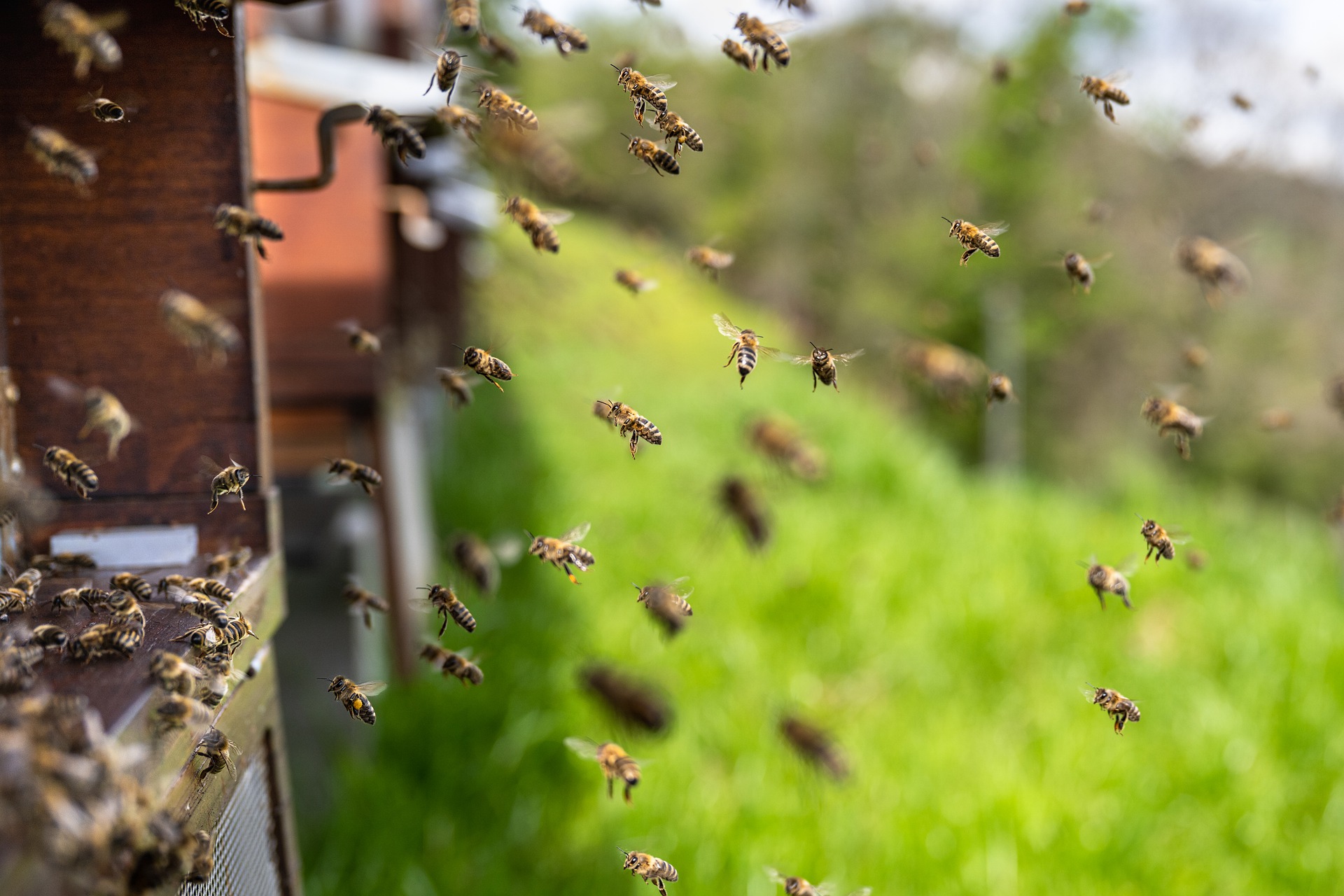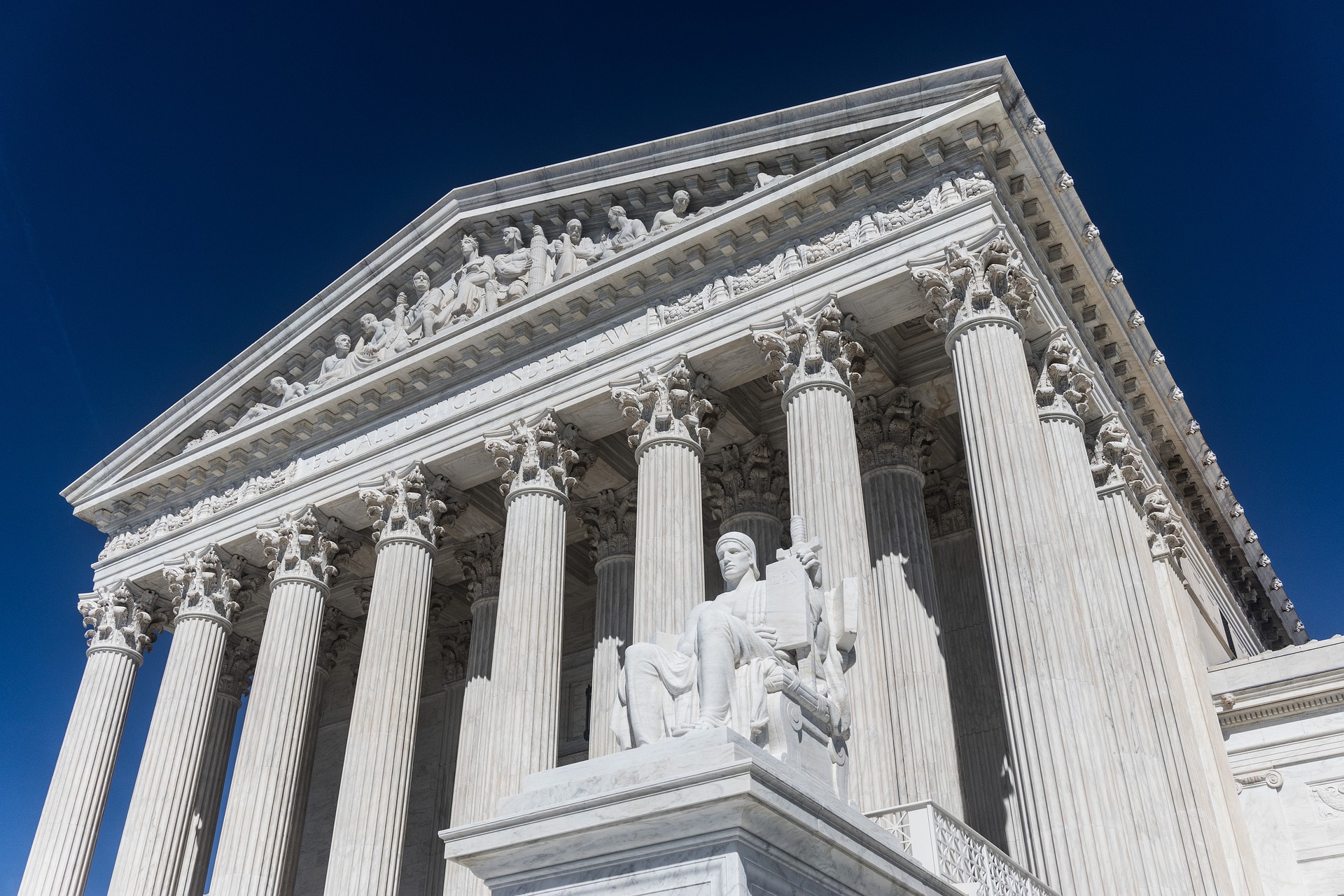Understanding the Essential Role of Native Pollinators in Your Backyard
For many of us, our backyards serve as a sanctuary, a peaceful place to unwind and enjoy the beauty of nature. It's a home not just for us, but also for a wide range of creatures, from birds and squirrels to insects and other small animals. Especially crucial among these backyard inhabitants are native pollinators - often flying under the radar, these quiet contributors play a crucial role in our local ecosystems and our own lives. This article aims to deepen your understanding of native pollinators, their significance, and how you can support them in your backyard.
The Incredible World of Native Pollinators
While we often think of honeybees when we hear “pollinator,” it’s essential to realize that a wide variety of native pollinators including other kinds of bees, beetles, hummingbirds, bats, moths, and butterflies actively contribute to pollination. Each of these creatures has an intricate life cycle and unique pollinating strategies, making them irreplaceable players in preserving biodiversity. Their efforts aid in the reproduction of plants, including those producing the fruits and vegetables we consume daily.
The Crucial Function of Pollination
In simple terms, pollination is the inter-species transfer of pollen from the male part of a flower to the female part, enabling fertilization and the formation of seeds. As nature’s primary pollinators, these creatures not only aid in this process but also encourage cross-pollination, which enhances genetic diversity in plants. This diversity is key to the survival of plants and consequently, the stability of our local ecosystems.
The Threats Faced by Native Pollinators
Despite their ecological importance, native pollinators face numerous threats, most heightened by human activity. Habitat loss, climate change, pesticide overuse, and invasive species are among the key factors pushing many native pollinators towards the brink of extinction. The decline of these key species can disrupt food chains and diminish biodiversity in our backyards, which could have dire consequences for our local ecosystems.
- Native pollinators play a vital role in ecosystems and food chains.
- Pollinators assist in cross-pollination, improving genetic diversity in plants.
- These creatures face a variety of threats, often related to human activity.
Inviting Native Pollinators to Your Backyard
By incorporating native plants into your backyard, you encourage native pollinators to visit and set up home. Opt for a diverse selection of plants to attract a wider variety of species. Offering water resources and leaving some dead plants and bare soil can also act as habitats for these creatures. Avoid using pesticides as much as possible which are one of the major threats to pollinators.
The Impact You Can Make
Supporting native pollinators in your backyard may seem like a small action, but it contributes greatly to the preservation of your local ecosystem’s health and vitality. By creating an inviting environment for pollinators, you’re not just enjoying the flora and fauna but also actively contributing to the survival and thriving of these incredibly important creatures.
As we deepen our understanding of native pollinators, we realize their importance extends beyond our backyards, shaping our very survival. By transforming your backyard into a pollinator-friendly habitat, you become an active participant in ecological conservation efforts. Your actions, however small they may seem, can make a world of difference in the wellbeing of these native creatures and, in turn, the health of our planet.





